It’s been the Year of Living in Lockdown. First the wretched bushfires smoked us out so badly we had to stay inside. In south-west Sydney, like much of the east coast, we lost our summer to a pack of pyromaniacs and overgrown national parks. Just when we thought it was safe to go outside again, some guy in Wuhan dipped his chopsticks into a bowl of bat soup – which might have been okay, except, in the way of these wet markets, the bat was still alive, doing backstroke in the broth.
Now we are back under house arrest, a tight five of two parents and three Latham kids. It’s terribly old-fashioned, I know, and out of step with the new LGBTIQWTF alphabet, but I can report that the nuclear family still works well. We actually enjoy each other’s company, more so under self-isolation. No racing around, more time to chat and to appreciate the rhythm of a quieter family life.
In our home, three lockdown rules have been essential:
- Make sure you change the TV channel whenever some self-important, self-appointed ‘celebrity’ comes on screen telling us we are ‘all in this together’. No we are not. We have never met these people, never want to and regard their expertise in public health policy as on par with the Wuhan bat-eater.
- Avoid other ‘celebrities’ singing songs in their living rooms, supposedly to give us comfort, but in practice, making noises similar to Wuhan’s swimming/simmering meals. If that’s what Paul McCartney and Elton John sound like in real life, thank goodness for the wonders of music studio technology. They should never have opened their mouths without it.
- If things get too lively, always agree to disagree. Even with the shared DNA of children, there are enough differences of opinion in our household to make the conversations interesting. It’s the in-built diversity of family life. There’s no need for the officious busybodies of government to try to socially engineer ‘diversity and inclusion’ across Australia. If there’s enough intelligence and spark in a room, it happens automatically. We have a saying that ‘the virus has brought us closer together’. Other families say much the same thing.
The media hype about mental illness and outbreaks of violence in lockdown, like so much of the recent coverage, is another example of ratings-induced exaggeration. The fake news tactic of trying to scare people with bad news has worn thin. The natural human instinct is for observable truth, to live one’s life within the factual boundaries of common sense. This is why the nuclear family is so valuable: offering the benefits of stability but also diversity; finding a loving common purpose but also enjoying the self-satisfaction of passing one’s heritage onto children. Perhaps the lockdown was always going to suit me. It has taken me back to my decade as a home dad, as the primary caregiver. Working from a home office while also chipping in as a part-time tutor and cook is as close to paradise as I can find.
As I told a teleconference of NSW upper house MPs recently, ‘With all this talk about mental health, I can report that mine has never been better. For 20 years I’ve been trying to find a way of doing parliamentary work without an endless parade of pointless political meetings.’ It’s the homebody in me. I sometimes think of the English fast bowler Steve Harmison, who was successful in domestic cricket but somewhat erratic when playing away from home. He’s remembered for a single moment in Brisbane in 2006, when he bowled the most embarrassing opening delivery of an Ashes test series, sending the ball straight to second slip. When asked about his fluctuating performances, Harmison said, ‘I never really like being away from home, I must be allergic to me passport’. I know the feeling.
While I don’t believe in grandiose theories of ‘the virus lockdown changing society forever’, my one hope is for it to bring a renaissance in the life and appreciation of the nuclear family.Politically, this is long overdue. As both major parties have been populated by a growing number of control freaks – typified by the Rudds and Turnbulls, the Albaneses and Frydenbergs, trying to finely calibrate everything from the world’s weather to so-called ‘gendered’ behaviour – our politics has lost sight of the beauty derived from the freedom of family life. Robert Menzies said it best, in his 1942 ‘Forgotten People’ broadcast: I do not believe that the real life of this nation is to be found either in great luxury hotels and the petty gossip of so-called fashionable suburbs, or in the officialdom of organised masses. It is to be found in the homes of people who are nameless and unadvertised, and who, whatever their individual religious conviction or dogma, see in their children their greatest contribution to the immortality of their race. The home is the foundation of sanity and sobriety; it is the indispensable condition of continuity; its health determines the health of society as a whole. Menzies urged a muscular defence of the private realm: As in the old saying, ‘the Englishman’s home is his castle’, it is this very fact that leads on to the conclusion that he who seeks to violate that law by violating the soil of England must be repelled and defeated. National patriotism, in other words, inevitably springs from the instinct to defend and preserve our own homes. If the current lockdown was to revive sentiment of this kind then, out of adversity, it will have achieved something mightily important for Australia.
Got something to add? Join the discussion and comment below.
Get 10 issues for just $10
Subscribe to The Spectator Australia today for the next 10 magazine issues, plus full online access, for just $10.
You might disagree with half of it, but you’ll enjoy reading all of it. Try your first month for free, then just $2 a week for the remainder of your first year.


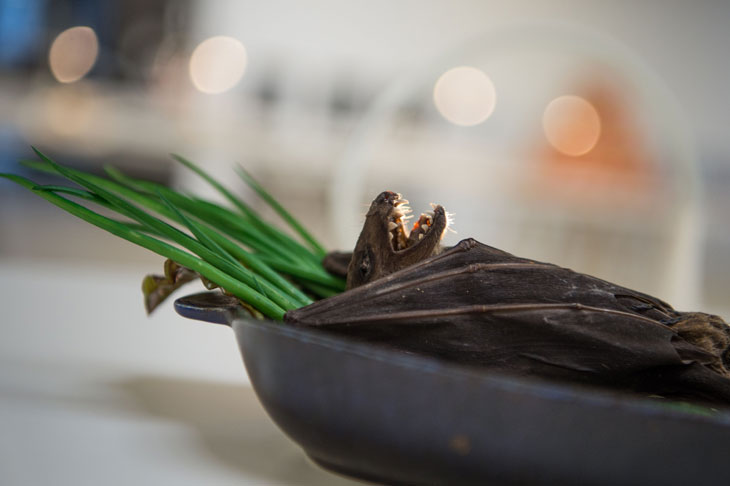
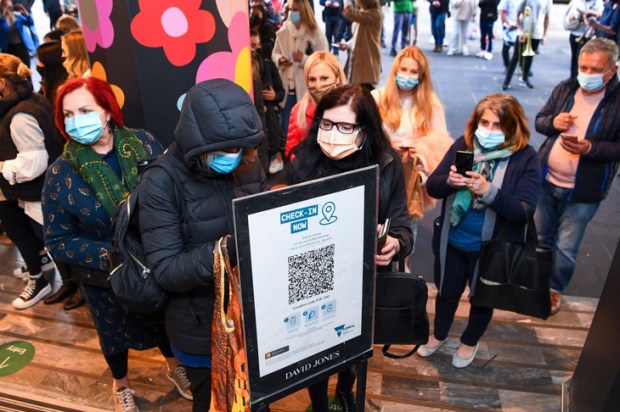
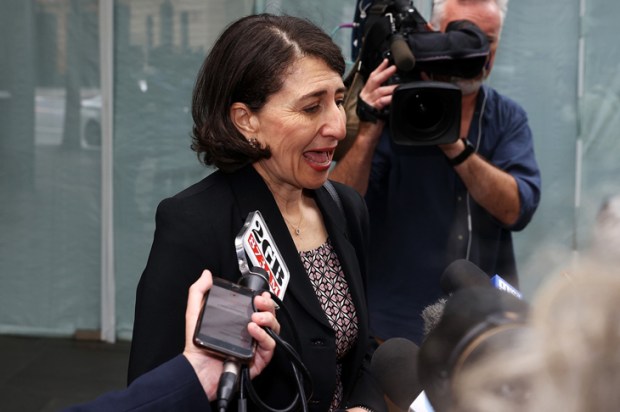
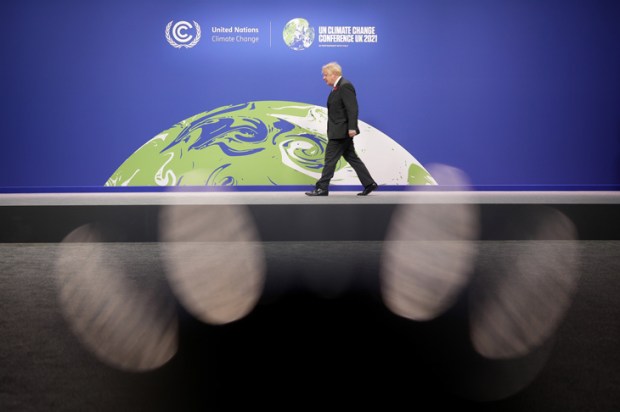

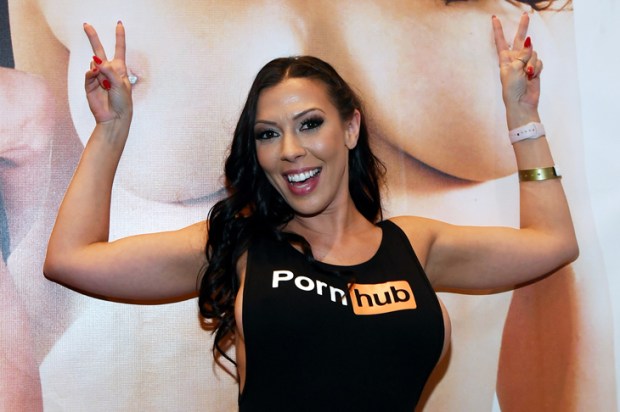
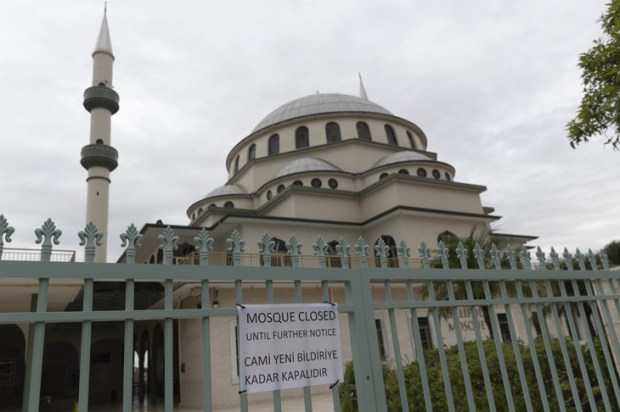






Comments
Don't miss out
Join the conversation with other Spectator Australia readers. Subscribe to leave a comment.
SUBSCRIBEAlready a subscriber? Log in